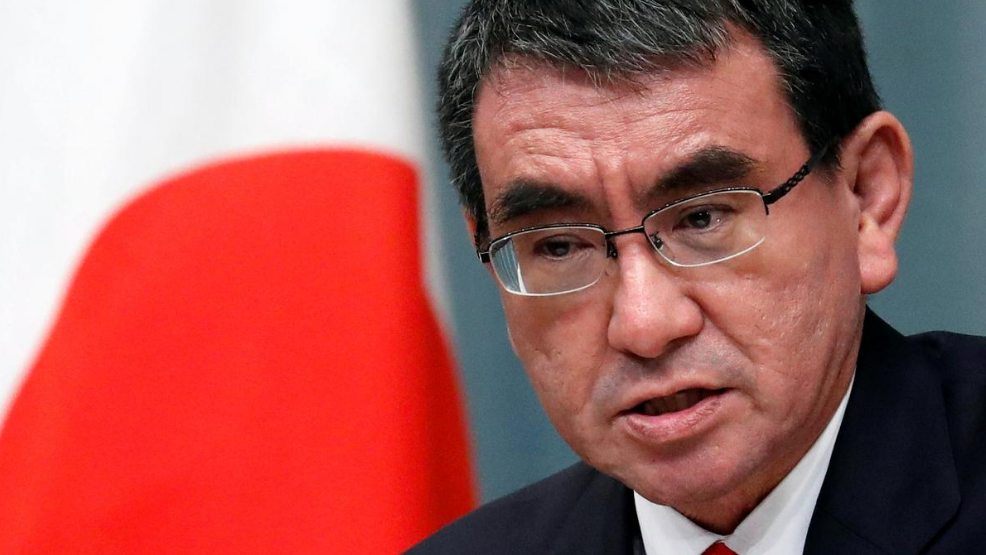Japan’s government has confirmed the cancellation of a plan to deploy a multibillion-dollar US anti-missile system in the country, amid pressure from local residents complaining about the health risks posed by the project.
Japan’s Defense Minister Taro Kono announced on Thursday that the government had reversed the decision to station Aegis Ashore missile defense systems in the Yamaguchi Prefecture in the southwest of Japan and in the Akita Prefecture in its north.
“The National Security Council discussed this matter and reached a conclusion that the deployment of Aegis Ashore in Akita and Yamaguchi is to be rescinded,” Kono told a meeting of the ruling Liberal Democratic Party. “I want to deeply apologize that it has come to this.”
Earlier in the month, Kono had announced that Japan had halted preparations to deploy the two US-made batteries of the missile system, citing technical problems and increasing costs amid strong local opposition.
The deployment plan had been unpopular with local residents concerned about the health effects of electromagnetic waves emitted by the system’s radar, as well as the possibility of their communities being targeted in an armed conflict.
The Aegis Ashore system, the purchase of which had been approved in 2017, was estimated to cost Japan 4.2 billion dollars over three decades.
Japan had decided to deploy the Aegis Ashore batteries to boost its defenses against a perceived threat from North Korea’s nuclear and ballistic missiles program, and also consolidate its bilateral security alliance with Washington.
Japanese Prime Minister Shinzo Abe last week expressed his government’s commitment to considering alternatives to the Aegis Ashore system, saying, “There should not be a gap in our country’s defenses. We want to hold discussions on the necessary measures.”
Source: Washington Post




